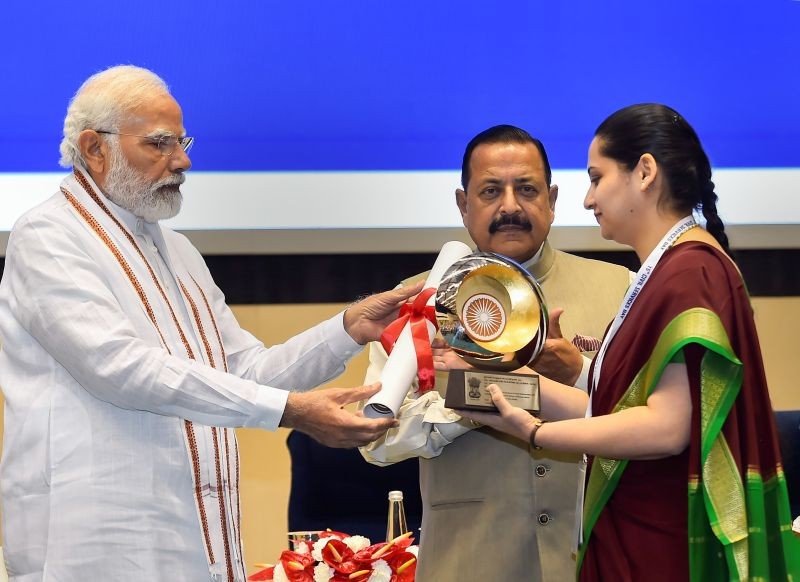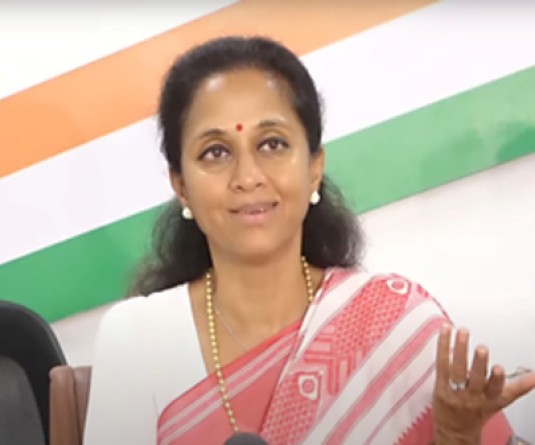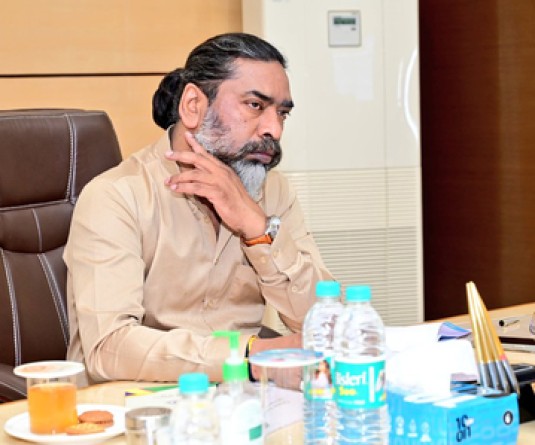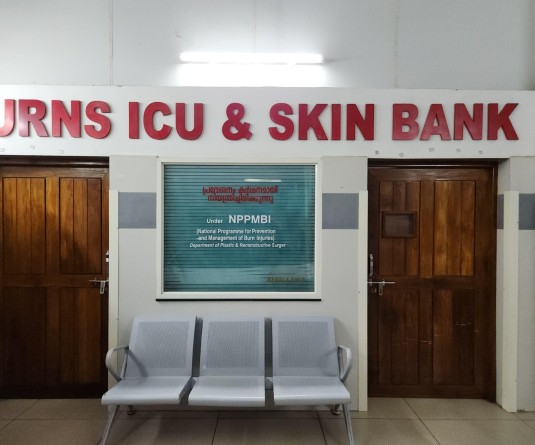Prime Minister Narendra Modi confers Prime Minister's Award for Excellence in Public Administration to Director of Electronic Delivery of Citizen Services (EDCS) of Karnataka, Dipti Aditya Kanade during a valedictory session and awards ceremony on the occasion of 15th Civil Services Day, in New Delhi on April 21, 2022. (PTI Photo)

Asks civil servants to follow 'nation-first, India first' approach in decision making
New Delhi, April 21 (PTI): Emphasising a "nation-first, India first" approach to decision-making, Prime Minister Narendra Modi on Thursday said there cannot be any compromise on the unity and integrity of the country and that even decisions at the local level should be made on this touchstone.
Modi's comments in his address here to civil servants on the 15th Civil Services Day came against the backdrop of several communal incidents in the country in the recent days.
He stressed that every decision should be evaluated on the basis of its capacity to strengthen the country's unity and integrity.
During the course of his around 50-minute address, the prime minister also asserted that his temperament is not of "rajneeti" (politics) but of "janneeti" (pro-people policies).
Referring to 'Amrit Kaal', the 25-year lead-up to the centenary year of independence in 2047, Modi said it cannot just be a "routine" or simply for celebration or praising the journey from the 75th year to the 100th year of independence.
"India @100 cannot be routine. This 25-year period should be seen as one unit and we should have a vision from now onwards itself. This celebration should be a watershed," he said. Every district of the country should move with this spirit, he added.
Modi said in the country's democratic set-up, "we should be committed to three goals".
"The first goal is that there should be a change in the life of the common people in the country, their life should be easy and they should also be able to feel this ease. The common people should not have to struggle in their dealings with the government, benefits and services should be available to them without hassle.
"This Sankalp (resolve) should be taken to Siddhi (completion) and that should be the goal for all of us. We should be there to handhold at every stage in this journey of Sapna (dream), to Sankalp (resolve) to Siddhi (completion), Modi said.
Secondly, given the growing stature and changing profile of India, it is imperative that things should be done in the global context, he said.
"If we do not follow the activities at the global level, it will be very difficult to ascertain our priorities and focus area. We need to develop our schemes and governance models keeping this perspective in mind," the prime minister said.
Thirdly, Modi said, "Wherever we are in the system, our prime responsibility is the unity and integrity of the country, there cannot be any compromise. Even local decisions should be measured on this touchstone".
Every decision should be evaluated on the basis of its capacity to strengthen the country's unity and integrity, he said, adding "nation-first, India first (approach) should always inform our decisions".
The prime minister also underlined the need to update systems and governance models regularly, saying "we cannot deal with the challenges of today with systems of the last century".
"The great culture of India, our country, is not made of royal systems and royal thrones. The tradition that we have for thousands of years has been a tradition of carrying on the strength of the common man, he said.
This also informs the country's spirit of accepting change and modernity while preserving our ancient wisdom."
He highlighted that it is the duty of the government system to nurture, unleash and support the capability of the society.
Citing examples of innovations taking place in the start-up ecosystem and agriculture, Modi asked civil servants to play a nurturing and supportive role. "Reform in governance should be our natural stance," he said, adding that governance reforms should be experimentative and as per the needs of time and the country.
Underlining the difference between the typist and a sitar player, the prime minister emphasised the need to live an examined life, a life of dreams and enthusiasm and purpose. “I want to live every moment so that I can serve and help other to live well," Modi said, as he exhorted officers to live beyond the beaten path and think out of box.
Reform in governance should be our natural stance. Governance reforms should be experimentative and as per the needs of the time and country, he said. The prime minister also referred to reduction of obsolete laws and number of compliances as one of his key priorities.
"We should not change only under pressure but should try to improve proactively. We should not be governed by the regulations and mentality that emerged in the period of scarcity. We should have an attitude of abundance. Similarly, we should anticipate rather than just react to challenges," he said.
During the last eight years, Modi said many big things have happened in the country. Many of these campaigns are such that there is behavioural change in its origin, he said, requesting the officers to adopt the key reforms whether cleanliness or promotion of digital payment and technological advancement in their personal lives.
Disclaimer: This story is auto-generated from news agency feeds and has not been edited by The Morung Express.
Source: PTI


.jpeg)



